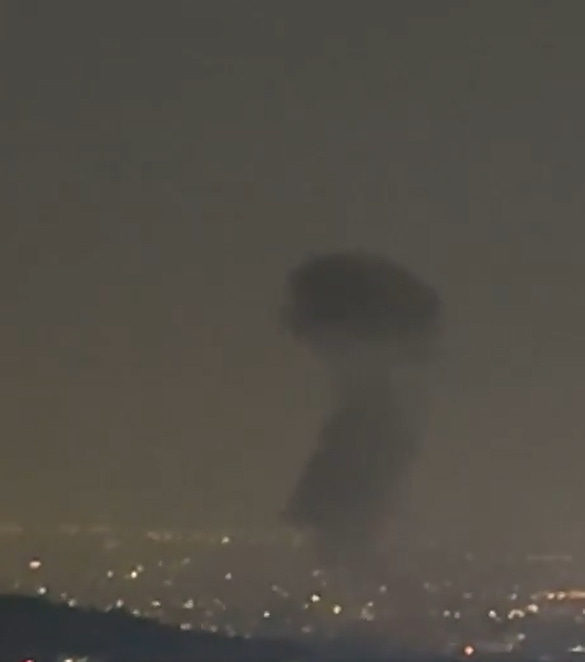Israel Iran War
Israel's successful decapitation strike and likely outcomes
If you are a paid subscriber, reply to this email to request a call and private briefing. We are setting up a conference call for later today and/or Monday for paid subscribers. Non-clients wishing to upgrade can also request briefings for their teams by replying.
Contrary to our expectations, and in the teeth of American political opposition but with American military support, Israel conducted a major strike against Iran over the night of 12-13 June local time. American President Donald Trump has promised to defend Israel, but claimed no American involvement in the strike and called for talks to resolve the nuclear programme.
The list of those killed includes leaders of the Islamic Revolution Guards Corps, including its commander and the commander of its aerospace (rocket forces), and top nuclear scientists. Iran’s underground missile and drone cities in the west of Iran were also hit, as were parts of the nuclear programme. Israel claims 200 aircraft struck 300 targets in Iran.
The strike suggests that Iran has no viable air defence against Israeli and American aviation, although air defence assets are still present. Israel was able to conduct around five waves of strikes. We have no evidence of action from Iran’s air defences. This means that Israel can continue striking Iran mostly at will. The risk from Iran’s remaining defences is therefore to mis-identified civilian aviation.
The choice for Iran is between “martyrdom”, that is, an all out regional war on energy and shipping and the acquisition of a nuclear weapon, or a lengthy, gradual escalation. Iran does not benefit from a long war. The Iranian rial will be in freefall, while Iran cannot use its land forces against Israel. In Iraq, the militias will face a choice between annihilation at the hands of the American and Israeli air forces, or acquiescence. They will likely prioritise their own survival. Theologically, Iran’s approach to such an event would be all out response. Rationally, and elements of Iran’s leadership do remain rational, it would be to roll with the blows as Hezbollah did. But we saw how that worked for Hezbollah. We expect a similar fate for Iran.
An all out Iranian retaliation would include strikes throughout the Gulf. Iran would target American bases in the region, including, especially, naval bases in the UAE and Oman, air bases in the UAE, Qatar, Kuwait and Iraq, and other assets. Iran would then be at war with the entire Gulf. Again, the theological argument is for precisely this type of action. In this fog of war, and given that key decision makers can be killed at any time, we are unsure what to expect.
Iran will have to choose between acquiring a nuclear weapon as quickly as possible, and risking further strikes, or talks. Iran has officially suspended any talks for now. Choosing to race for a nuclear weapon while subject to massive intelligence penetration and continuous airstrikes, which can be expanded by the USA to include Special Forces raids and further air and missile strikes, is in practice extremely hard, despite Iran’s favourable geography. The bases in which nuclear work would be carried out are most likely already known to Israel. And Israel’s air force is apparently able to move all over Iran undetected and unchallenged.


